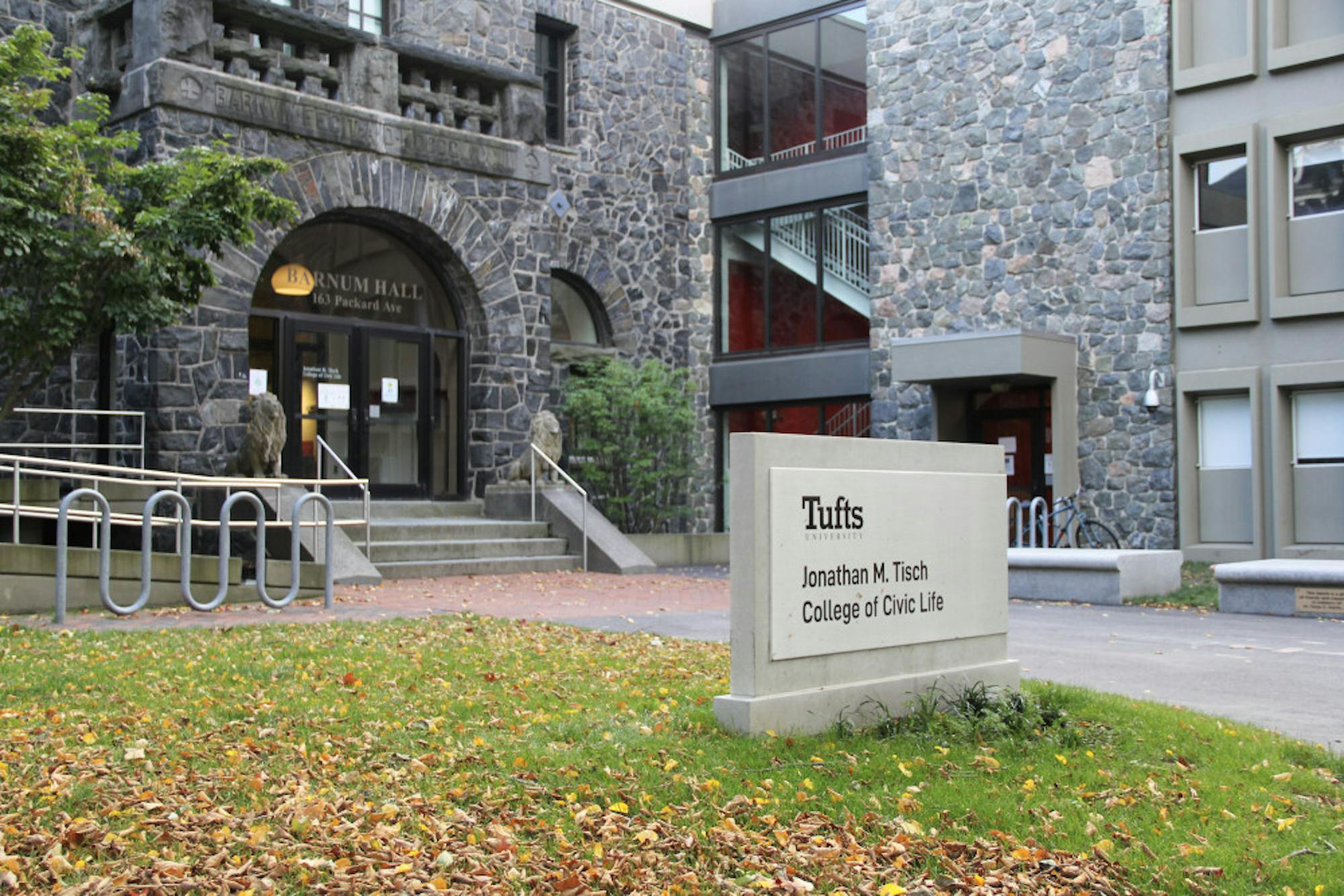The Center for Information & Research on Civic Learning and Engagement (CIRCLE) released the report from a study they conducted on Massachusetts' civic education. The report discussed challenges and recommendations for civic education in Pre-K–12 schools in Massachusetts and was led by Ariel Tichnor-Wagner, Kei Kawashima-Ginsberg and Noorya Hayat.
In recent years, Massachusetts has significantly changed civic education curricula in its public schools. The Massachusetts legislature enacted the Act to Promote and Enhance Civic Engagement in 2018, which established the Civics Project Trust Fund. Also in 2018, Massachusetts revised the History and Social Science Framework from 2003, which increased emphasis on civics in education for grade levels Pre-K through 12 and established a full-year civics course for eighth graders.
With support from the Jonathan M. Tisch College of Civic Life and Boston University, CIRCLE's study looked into these 2018 policies. Through a mixed methods design, CIRCLE looked into quantitative survey data and used survey responses to find interview subjects. They sought to investigate educators’ awareness of the policies, the extent to which the policies were implemented and the systematic variation in the awareness and implementation of the civics policies across districts in Massachusetts, according to the executive summary of the report.
Director of CIRCLE Kei Kawashima-Ginsberg said that the findings showed signs of equitable implementation and that educators in both low-income and high-income districts have the commitment to implement civic education.
“The strategy to distribute funding to economically disadvantaged districts may have worked to reduce the kind of disadvantage and disparities that we often observe in a study like this,” Kawashima-Ginsberg said.
Kawashima-Ginsberg described how this finding relates to the state's civic policies, specifically the Civics Project Trust Fund.
"[The Civics Project Trust Fund] gets the resources to where it's most needed, and it may be actually helping to build capacity to address the kind of gaps in instructional quality that we usually observe anywhere else," Kawashima-Ginsberg said.
However, the report noted that student access was not uniform within or across schools and school districts. Equitable implementation is an area of continued priority moving forward.
According to the report, another significant finding was a marked difference in awareness and implementation of civic policies between middle and high school teachers and elementary school teachers.
Noorya Hayat, a senior researcher at CIRCLE, said that although 96% of all teachers were aware of the framework, only 44% knew how to implement it in the classroom.
“Only 28% of elementary school teachers knew how the framework would influence their instruction … and 65% of middle and high school teachers knew how it would affect their instruction,” Hayat said.
She added that elementary school teachers overall were less likely to dedicate class time to civic education and that they should receive more professional development to implement civic studies.
The study reported that professional development for Massachusetts K–12 educators was pivotal in increasing awareness of the civic policies and educators’ confidence in implementing them. Middle and high school teachers who received civics-specific professional development at least once a year reported higher awareness of the civic policies than teachers who did not receive the same frequency of professional development.
“Professional development … [does] seem to really work to both boost the kind of confidence and sense of competency that teachers have about being able to really follow the framework and teach in a way that is consistent with the best practices; then that confidence seems to be highly correlated to what they say they actually do, or the kind of teachers they are,” Kawashima-Ginsberg said.
Hayat added that the relationship between professional development and teacher confidence and competency goes two ways. She described how professional development increases teachers’ confidence to teach civics, which in turn increases their commitment to teach civics.
"This includes real world learning, interdisciplinary learning, culturally relevant pedagogy, having current and controversial issue discussions in the classroom, and having a student-centered, or democratic, classroom environment," Hayat said. "Teacher confidence really predicts all of this."
The report ended with CIRCLE’s recommendations for the Massachusetts legislature in order to increase awareness and implementation of civic policies. The recommendations include the continued prioritization of equitable implementation, investments in professional development, resources specifically for elementary school teachers, increased time for social studies in elementary schools, education for school administrators on the History and Social Science Framework and creative accountability and incentive mechanisms.
Jennifer McAndrew, director of communications, strategy and planning at Tisch College,explained that because civic studies is foundational to society, it is important to continue supporting educators in their efforts to teach civics in the classroom.
“Generally speaking, [civic education] really is an important part of the civic health of our nation, but also in the sense that we want to empower our own," McAndrew said. "We want all college students at Tufts and elsewhere to be developing these skills and we want every student, whether they are at Tufts or another college or not in college, to have those foundational skills and knowledge of civic engagement.”






